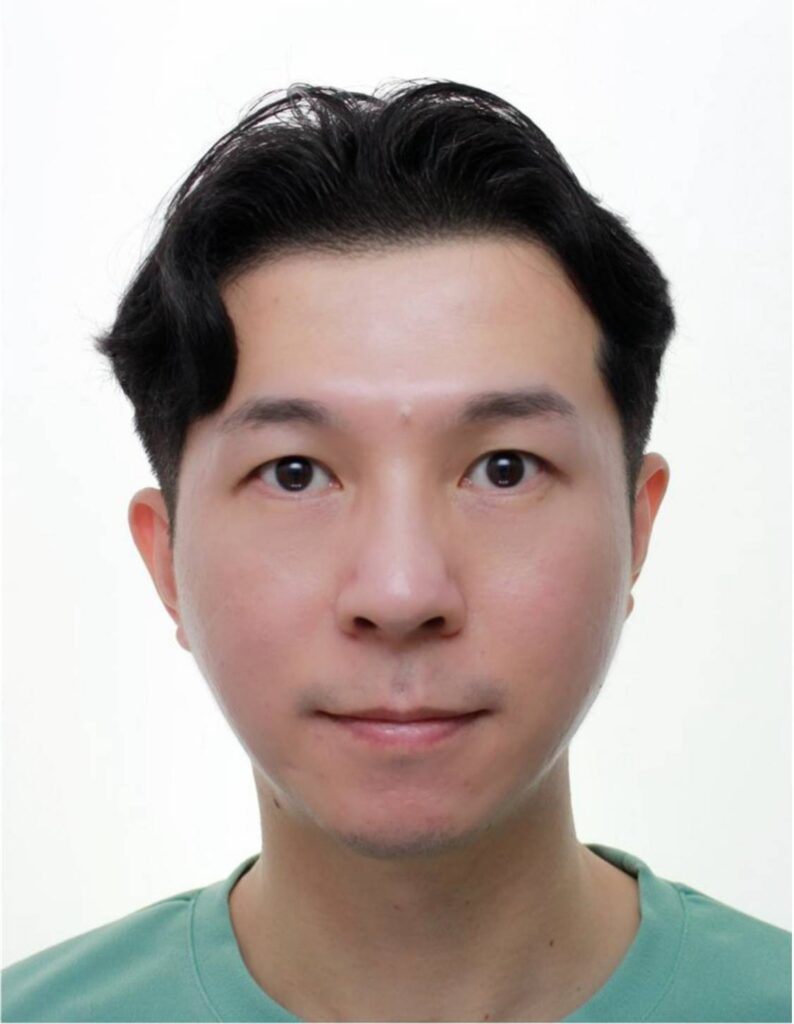CHANG Chih-Hao
Associate Professor
- Ph.D., Nagoya University
- changch[a]hiroshima-u.ac.jp
*Please replace [a] with @ when sending e-mail.
Major Professional Backgrounds
- Nagoya University of Commerce and Business, Assistant Professor (2015-2025)
*Contact details will be available after his joining in April 2025.
Research Areas and Themes
Chang Chih-Hao is a scholar and educator specializing in shadow education, second language acquisition (SLA), bilingual education, professional learning communities, and international internships. His research provides valuable insights into the intersections of language learning, educational practices, and educational equity in diverse contexts, including Japan, Taiwan, and China.
In the realm of shadow education, he investigates the impact of private tutoring on academic performance, learner identity, and educational equity. Notable works include studies on Taiwanese students’ reflections on English private tutoring, narrative inquiries into the role of linguistic investment in juku for migrant children in Japan, and the effects of private tutoring on students’ English performance. These studies highlight the socio-cultural dimensions of shadow education and its implications for policy and practice.
His contributions to SLA include examining vocabulary learning strategies and translanguaging practices, with a focus on empowering learners in EFL and bilingual education settings. For example, his research into vocabulary learning strategy instruction in secondary classrooms provides actionable strategies for improving language acquisition outcomes.
In the field of bilingual education, he adopts an ecological perspective, exploring the interplay between globalization, cultural identity, and linguistic practices. Studies of Chosonjuk schools in China illuminate the dynamic relationships between education systems and community identities.
As an advocate for teacher development and collaboration, he explores professional learning communities, offering paradigms and pathways for fostering effective teaching practices in multicultural and multilingual classrooms.
His work on international internships examines the transformative potential of cross-cultural experiences. By framing these opportunities within cultural capital theory, he sheds light on their role in enhancing Japanese undergraduates’ English proficiency and global competency.
With a robust body of work published in leading journals, he bridges theoretical insights with practical applications, advancing understanding in multilingual education, multicultural education, learner strategies, and international educational mobility.
Research Areas and Themes of the Students
The main research topics for supervising students are as follows:
-
Shadow Education and Educational Equity:
Examining the impact of private tutoring on academic performance, learner identity, and educational equity, with a focus on socio-cultural dimensions and policy implications. -
Second Language Acquisition (SLA):
Researching vocabulary learning strategies, translanguaging practices, and strategies to empower learners in bilingual and EFL contexts. -
Bilingual and Multilingual Education:
Exploring the relationship between globalization, cultural identity, and language practices in bilingual education, and studying the effects of bilingual education systems on academic outcomes. -
Teacher Development and Professional Learning Communities:
Investigating effective models for teacher collaboration and inclusive teaching practices in diverse, multilingual classrooms. -
International Internships and Cross-Cultural Learning:
Examining the role of international internships in enhancing global competency and language proficiency, and their transformative impact through cultural capital theory. -
Multilingual and Multicultural Education:
Researching multilingual educational practices to enhance engagement and achievement, and exploring the challenges and opportunities of multicultural education in globalized classrooms.
Message to Prospective Students
If you are interested in exploring research opportunities in areas such as shadow education, second language acquisition (SLA), bilingual education, professional learning communities, and international internships, I welcome the opportunity to collaborate. My research focuses on the intersection of language learning, educational equity, and multicultural contexts. If you are passionate about understanding how educational practices and language acquisition influence learner outcomes, I would be pleased to work with you. Together, we can investigate strategies to empower learners and contribute to the ongoing discourse on educational equity and multilingual education.

